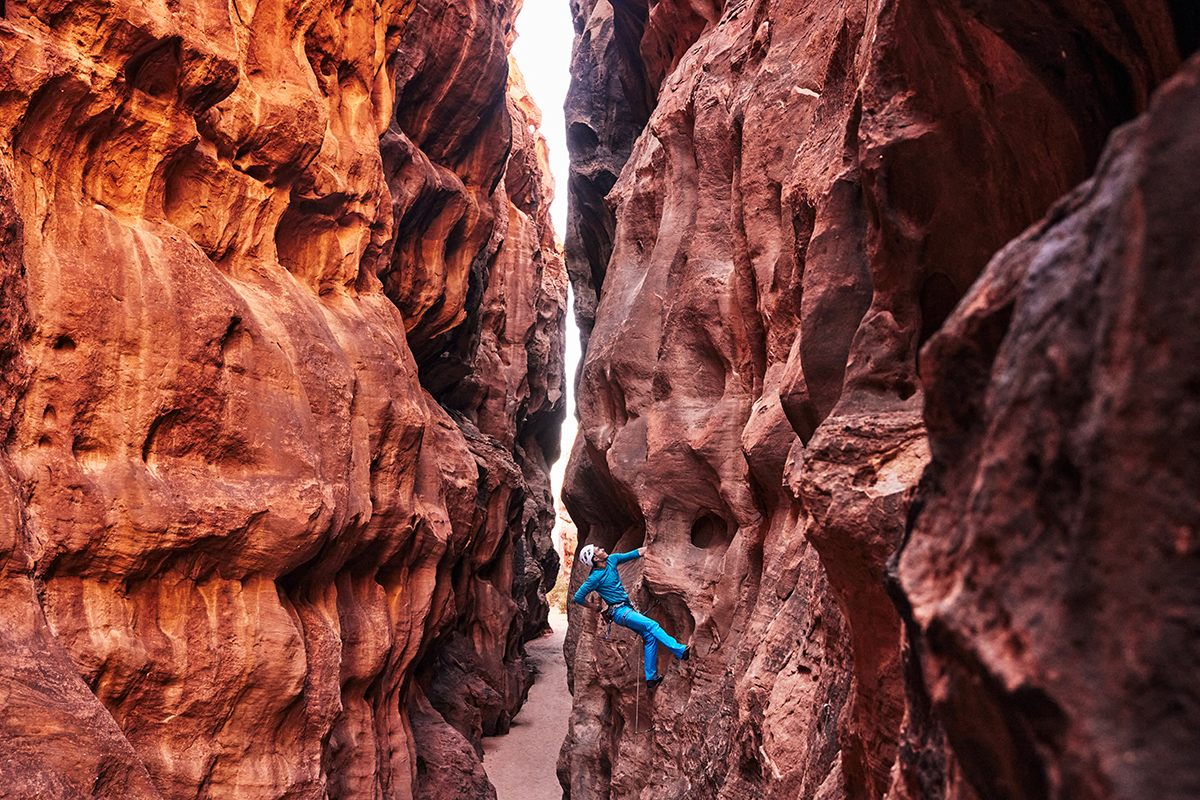

In a 2020 study, researchers asked 605 climbers about their attitude toward eating and food using a questionnaire called the Eating Attitudes Test. They found that adolescents (especially elite athletes) were commonly undereating, and, even though the sample set was mostly male, they found that women suffered more often from disordered eating.
If you ever said something like:
“I am terrified about being overweight.”
“I feel extremely guilty after eating.”
“I have to earn my indulgences.”
“My climbing performance would improve if I lost weight.”
Then you might have a similar perspective around losing weight to climb better.
I’ve been a climbing coach for five years and a sponsored climber supported by Maxim Ropes, Scarpa, Physivantage and more, and I can tell you that in my experience, losing weight does not make you a better climber.
Videos by Outdoors with Bear Grylls
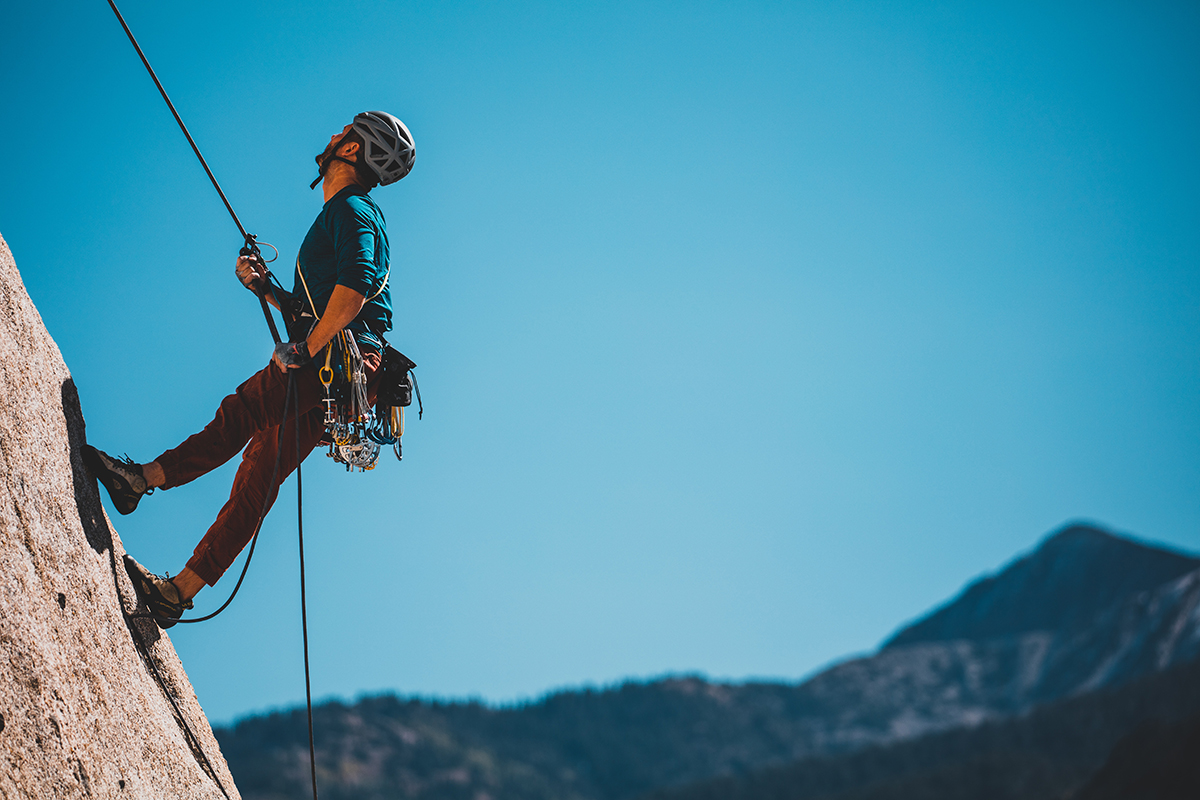
Climbers’ perspectives are commonly skewed because elite climbers often possess a lower body weight compared to other climbers. Articles like “BMI in Elite Level Climbers” and the like do not help this issue. This is an unhealthy and misleading message, ignoring the many other ways that climbers can improve before ever looking at weight.
In 2015, the Scandinavian Journal of Medicine and Science in Sports published a study that revealed only 4 percent of climbing proficiency can be attributed to anthropometrics. According to calculations by Mermier, the impact of body weight and body fat on climbing ability is only 1.8 percent.
The 1% gain of losing weight should reliably rest with the elite level climbers, yet elite climbers often serve as an example for how to improve to the rest of the climbing community. Does this imply that being thin is a prerequisite for excellence? Not necessarily. In the research, it is often emphasized that correlation does not imply causation, meaning being “thin” or “light” doesn’t mean you’re going to climb better. Eating less can be detrimental to your training both physically and mentally.
Research is ongoing on this topic with controversial results that males climbing at high levels tend to have less than 10 percent body fat.
The important thing to remember is that this is not your average climber. Most climbers should consider other factors before looking to lose weight.
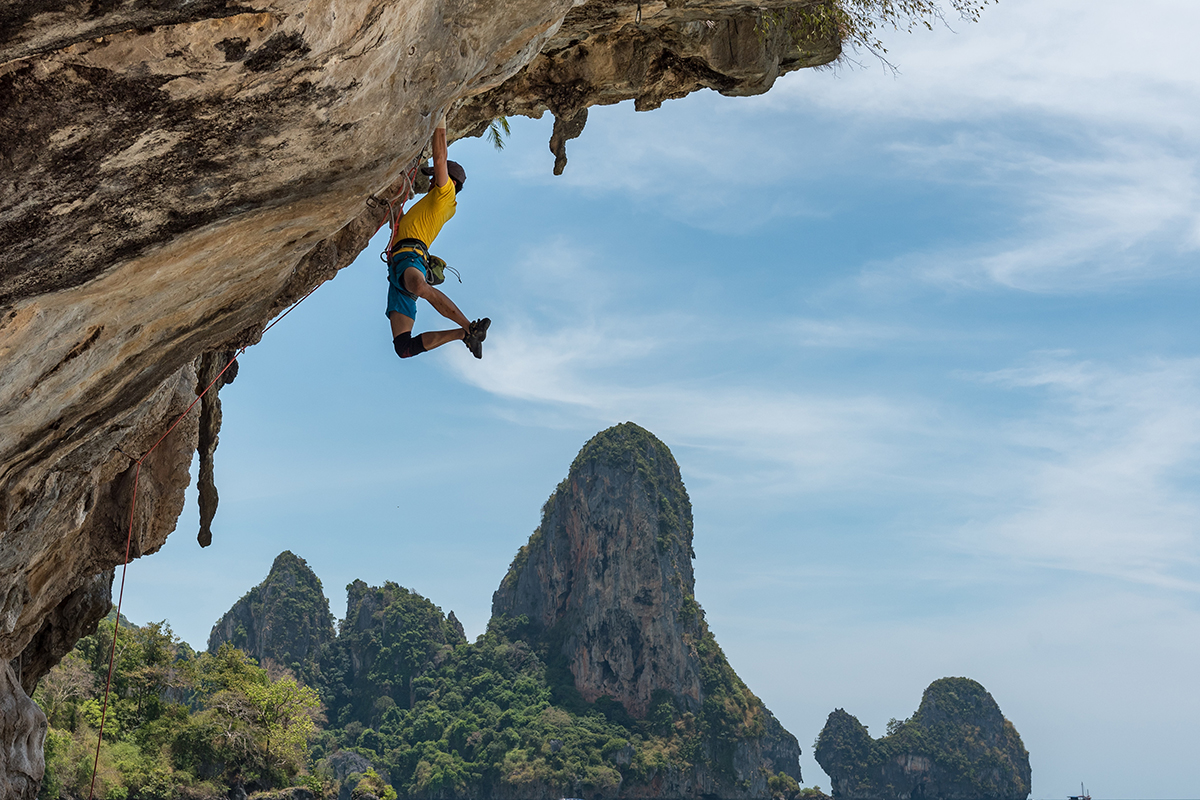
In general, climbers tend to fall into two categories, those who are strong with poor technique or those with great technique who could benefit from getting a bit stronger. Which category do you fall into? Without looking at diet, the easiest way to improve your climbing is to switch up your habits. If you aren’t lifting weights, struggle with pull ups or find that your body seems to fail before your fitness, then perhaps you are great at technique and movement, but could use a bit more bouldering.
If you find that you generally feel fit but you can’t seem to figure out sequences, then a look at technique will help you the most. It’s time to climb easier boulders and focus on perfecting your movement or try your hand at specific skills like toe hooks, heel hooks, slab climbing or other tricky skill-based movements.
Before looking at losing weight I suggest considering these perimeters for improving your climbing:
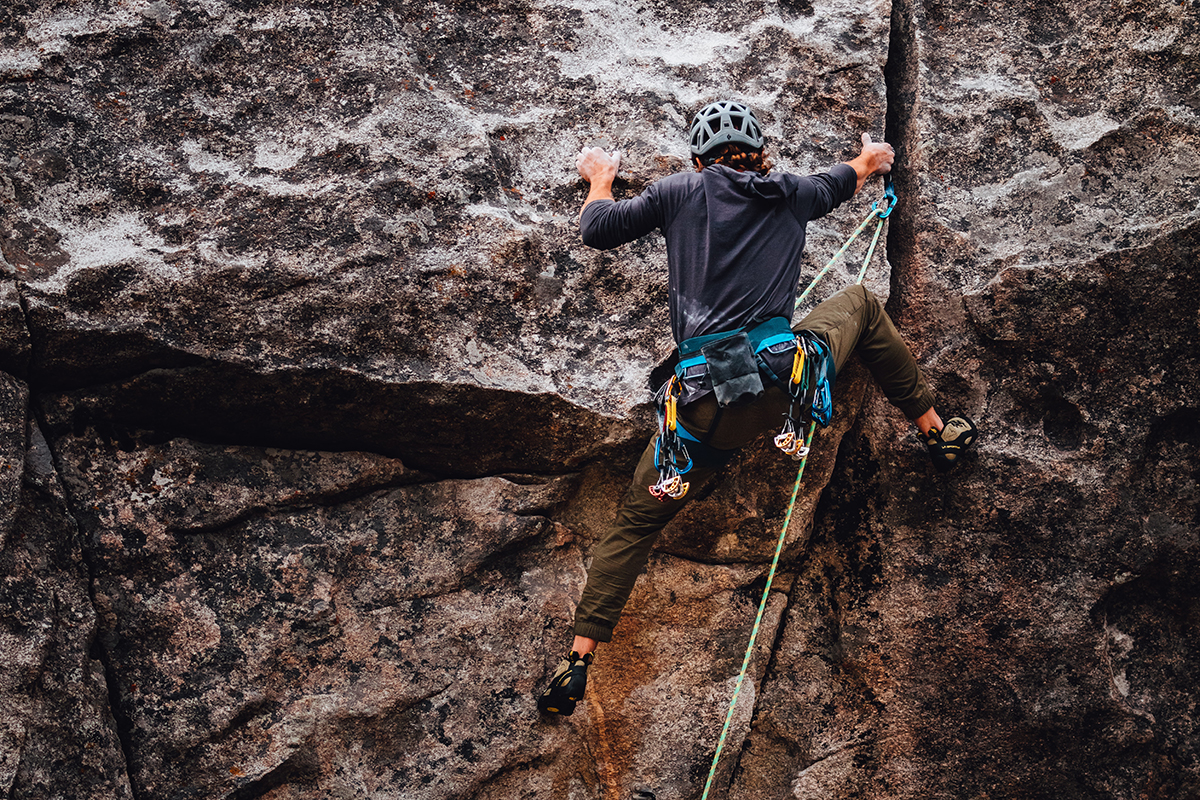
- Mindset: How are my mental skills? Do I get scared when I try to climb something difficult for me or avoid hard moves? Take a Free Mental Assessment.
- Technique: Can I reliably complete basic technique skills like matching feet, hip twisting, toe placement?
- Skill: Can I lead climb or boulder outside? Can I climb on all different types of terrain comfortably?
- Endurance: Do I feel my fitness lets me down or I get out of breath?
- Finger strength: Do my fingers stay contracted as I climb or do they open up or hurt?
- Strength: Can I do wide shoulder moves, single arm moves or climb overhanging walls without falling from fatigue?
- Core: Can I continually make precise moments or does my climbing get worse as I go further?
- Nutrition: Do I eat before and after climbing sessions so I have enough energy? Do I eat mostly whole foods?
- Lifestyle: Do I get enough sleep and rest, making sure not to overwork or overtrain?
There are so many aspects of climbing you can focus on besides losing weight. In the process of more specific training, your body may naturally adjust its composition without you even having to think about it. Whenever you catch yourself comparing your body to an elite climber, or anyone else for that matter, try to replace those thoughts with positive thoughts like “what else can I work on to improve my climbing?” Then, dive right in and get to work.
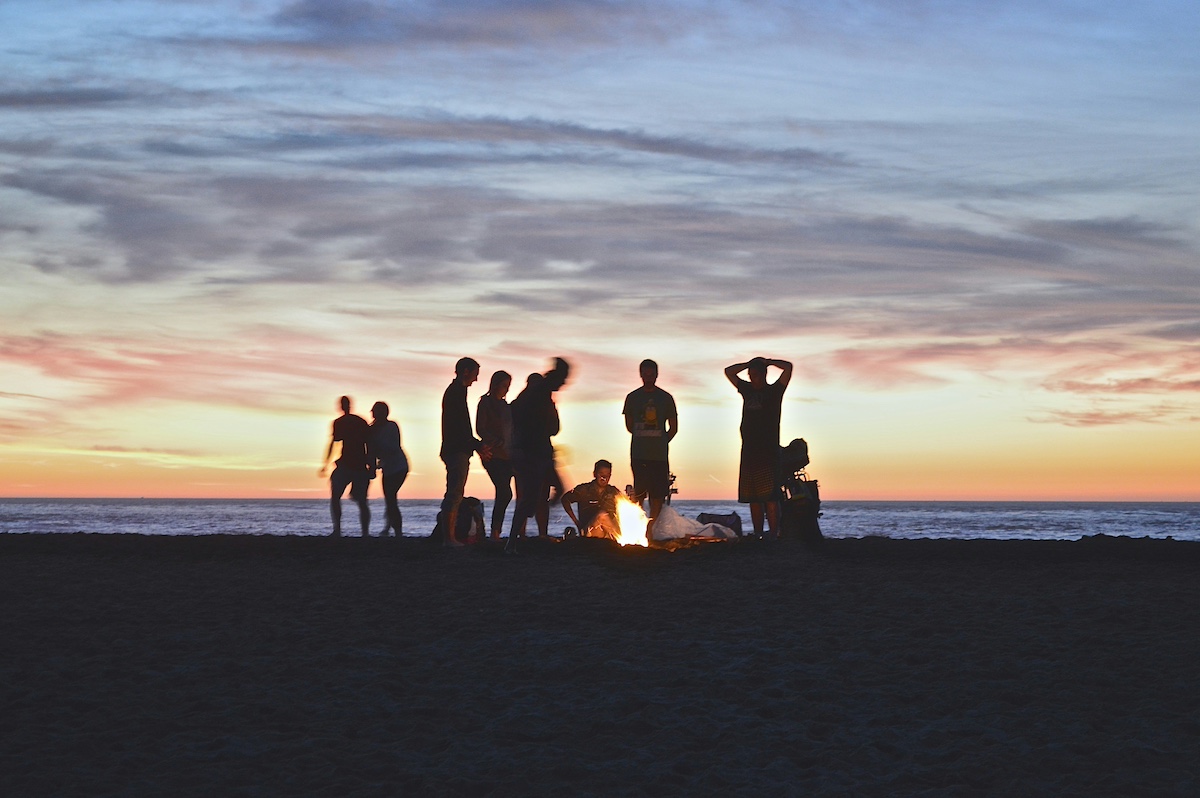




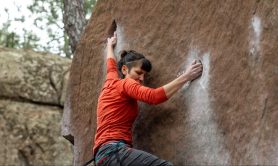




Pingback: The Governing Body of Competitive Climbing Announces New Policy to Combat Eating Disorders in the Sport - Outdoors - IFSC Codes of Indian Bank